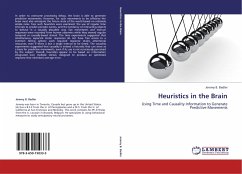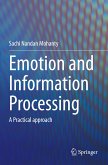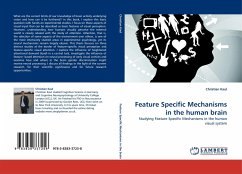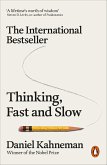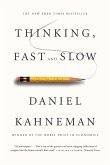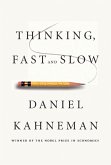In order to overcome processing delays, the brain is able to generate predictive movements. However, for such movements to be effective the brain must also anticipate the future state of the world based on relatively simple rules. Two such heuristics were examined: the use of regular time intervals to predict periodic events, and the tendency of interacting objects to behave in a causally plausible way. Eye movements and manual responses were recorded from human observers while they viewed regular temporal or causally-based stimuli. The time experiments suggested that simultaneous, separate motor responses do not have free access to a common timing system; each required response drains attentional resources, even if there is but a single interval to be timed. The causality experiments suggested that causality is indeed a heuristic that can serve as a basis for predictive movements, even if its use is not consciously perceived by the subject. Overall, heuristics appear to be basedon information integrated over multiple stimuli, designed to produce an optimized response that minimizes average error.

